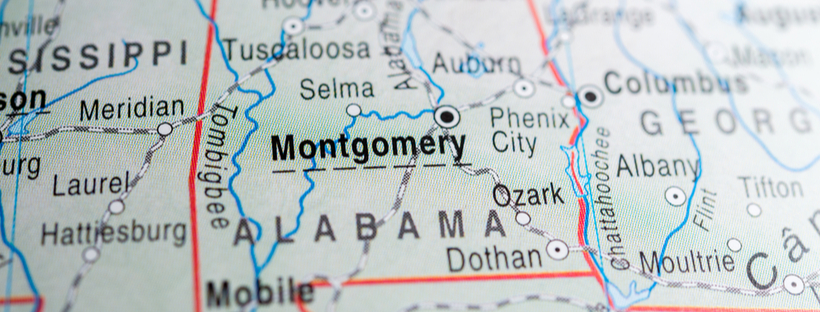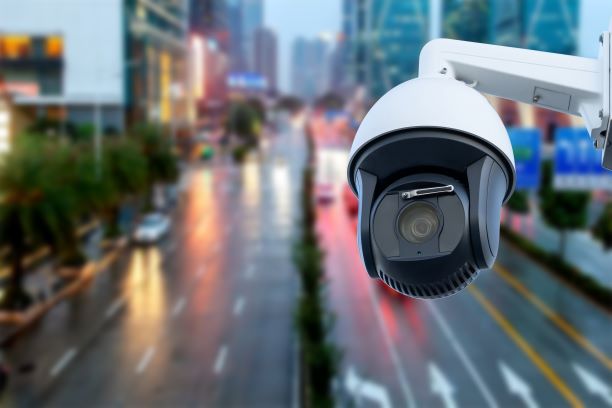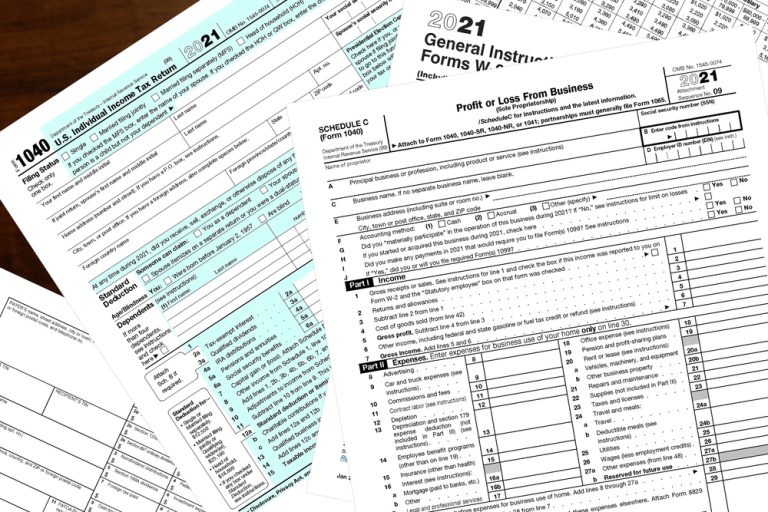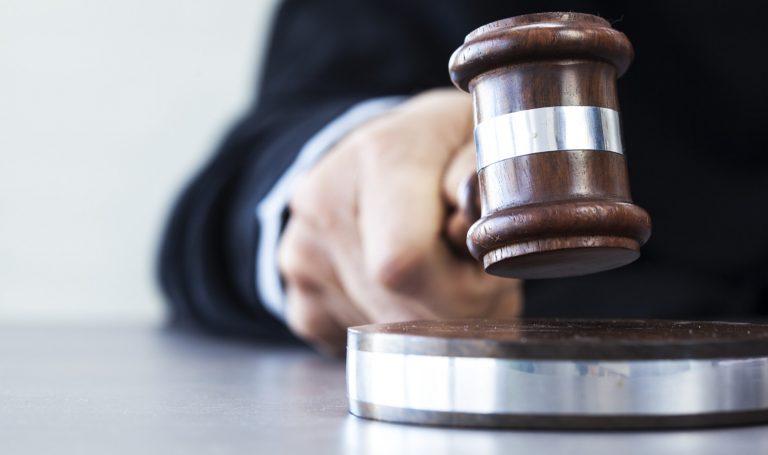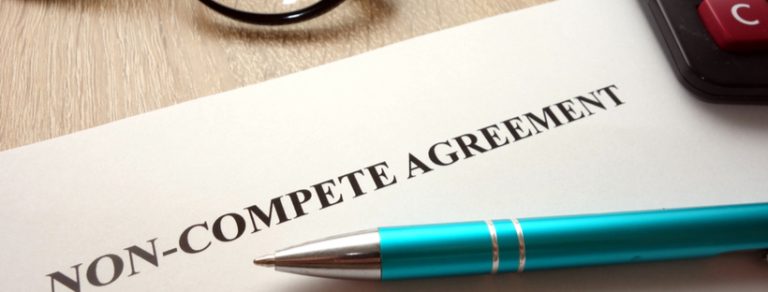Alabama Governor Signs Into Law an Act to Provide Businesses Some Protection from COVID Litigation Claims
Alabama Governor Signs Into Law an Act to Provide Businesses Some Protection from COVID Litigation Claims
On February 12, 2021, Alabama Governor Kay Ivey signed Act No. 2021-4 into law. The Act, which is one of three bills designed to combat the economic impacts of COVID-19 that were fast-tracked by Alabama lawmakers, provides limited civil immunity for “covered entities” such as businesses, healthcare providers, schools, churches, governmental entities, and cultural institutions, as well as their officers, directors, trustees, managers, members and employees, from liability for frivolous litigation related to the COVID-19 pandemic. According to the Act, Alabama lawmakers wanted to encourage businesses to remain open (or to reopen) by “providing a safe harbor to businesses that operate reasonably consistent with applicable public health guidance” in order to counteract the “social harms of a closed economy and the resulting unemployment.”
Other states including Arkansas, Florida, Georgia, Idaho, Kansas, Louisiana, Nevada, Michigan, Mississippi, Nevada, North Carolina, Ohio, Oklahoma, Utah and Wyoming have recently enacted laws that provide some protection to businesses for COVID-19 claims by employees and customers. Like those states, Alabama’s Act does not provide a complete bar or immunity from such claims. Instead, the Act contains several significant measures designed to curtail frivolous claims, but could still result in costly litigation for covered entities.
The Act provides immunity for covered entities from the “actual, alleged or feared exposure to or contraction of” COVID-19 unless the plaintiff can demonstrate by “clear and convincing evidence” that the covered entity acted with wanton, reckless, willful or intentional conduct in failing to comply with then applicable healthcare or governmental guidance. Thus, there are two major hurdles a covered entity will have to surmount to be entitled to immunity under the Act. First, the plaintiff and the covered entity will have to litigate what guidance was even in effect at the time of the plaintiff’s alleged exposure, which will not be an easy task given that, especially in the early days of the pandemic, governmental and agency COVID-19 guidance was a moving target and was often contradictory and varied by industry sector. The second hurdle will involve the plaintiff demonstrating by “clear and convincing evidence” that the defendant wantonly, recklessly or intentionally failed to comply with that ever-changing governmental guidance. If the plaintiff cannot meet his or her burden, as established by the Act, the defendant covered entity will be afforded immunity.
If a plaintiff is able to make the necessary showing by “clear and convincing evidence,” the Act does provide additional important limitations and additional protections for covered entities. Importantly, if the plaintiff cannot prove a serious physical injury – an injury resulting in inpatient hospitalization of at least 48 hours, permanent impairment of a bodily function, or permanent damage to a body structure – the plaintiff will only be allowed to recover actual, economic compensatory damages, and will not be entitled to punitive damages unless the claim is for wrongful death. Consistent with current Alabama law, punitive damages are the only available damages for a wrongful death claim. As a further protection, the Act applies retroactively to COVID-19-related civil actions against covered entities that were filed on or after March 13, 2020 (the date Governor Ivey declared a state of emergency in Alabama) and also imposes a two-year statute of limitations from the date of the damages, injury, or death for plaintiffs to file COVID-19-related civil actions.
It is important to note that the limited immunity provided by the Act terminates at the later of December 31, 2021, or one year after the COVID-19 health emergency expires. However, the protections provided by the Act will be applicable to COVID-19-related civil actions – regardless when filed –that allege acts or omissions by covered entities during the applicability of the Act.
